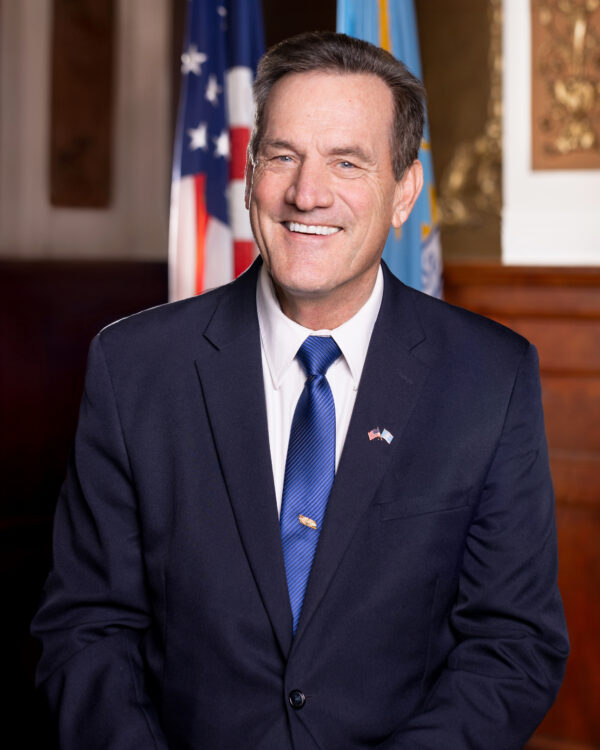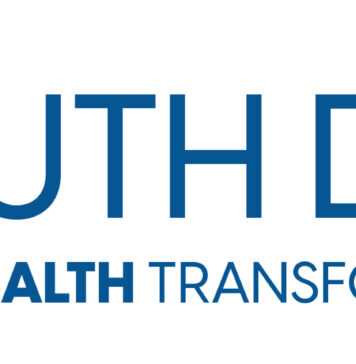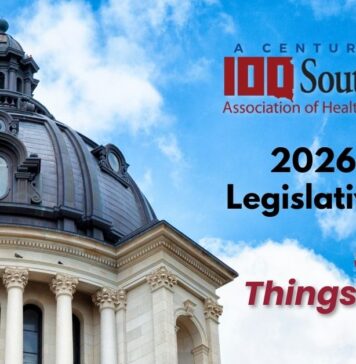The South Dakota Association of Healthcare Organizations (SDAHO) strives to support its members through advocacy efforts at the local, state and federal level by providing one unified voice in sustaining and enhancing access to community-focused health services across the continuum of care. The South Dakota legislature is in session each year during the months of January, February and March where our team of lobbyists and support staff actively monitor legislation that could have an impact on South Dakota health care providers including hospitals, health systems, nursing homes, home health, hospice, assisted living and palliative care. It is our priority to build relationships with our law makers to keep them educated on our issues and frequently engage members to form health care policy in our state. We also maintain a positive working relationship with the state department of health, the department of social services and department of human services to assist members with regulatory compliance and facilitate conversations to advance process improvement and innovation.
Stay up-to-date on State and Federal News on Healthcare with our Unified Voice Newsletter. Click here to subscribe.






